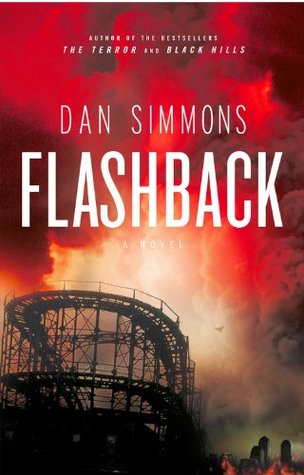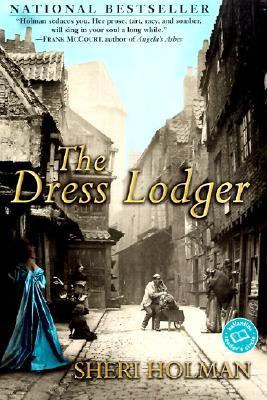I had some folks disagree with me about my comment from last week that fictional dialogue should be better than real dialogue, so let's talk about it some more. (Pun intended. Doh!) Fiction is supposed to be realistic, right? Realistic, yes. Real, no.
Have you ever taken the time to listen to folks talking around you, say, in a crowded place? Take a moment and do so. You'll hear a plethora of "um", "like", "so", "well", "yeah", and the like. :) Try transcribing it. Very little actual information is imparted. Probably several people talk with similar jargon, dialect, and vocabulary.
Dialogue should impart information and create character. Re. info: This is done by having one character tell another character something he/she does not already know. Do not use any "As you know, Bob's". Re. building character: This is also done by having each character utilize unique voice/jargon/dialect/vocab. Ideally, each character's dialogue is so unique you wouldn't need a dialogue tag.
Speaking of dialogue tags… You don't need more than one dialogue tag per paragraph. (Of course, you would never have more than one speaker per paragraph.) You should only use forms of "said" and "asked" in tags--because they're invisible to the reader. You don't need to tag all dialogue if there are only two people in the scene. You do need to somehow tag all dialogue if there are more than two people in the scene--this can be accomplished by the uniqueness mentioned above. You can also use what some people call "beats," small physical actions. Facial expressions also work here. But be careful with punctuation! I'm not talking about using beats as dialogue tags.
For example: "Hubba, hubba," he grinned. <--is not correct.
"Hubba, hubba." He grinned. <--is fine.
Good luck with your dialogue and everything else in 2014!






